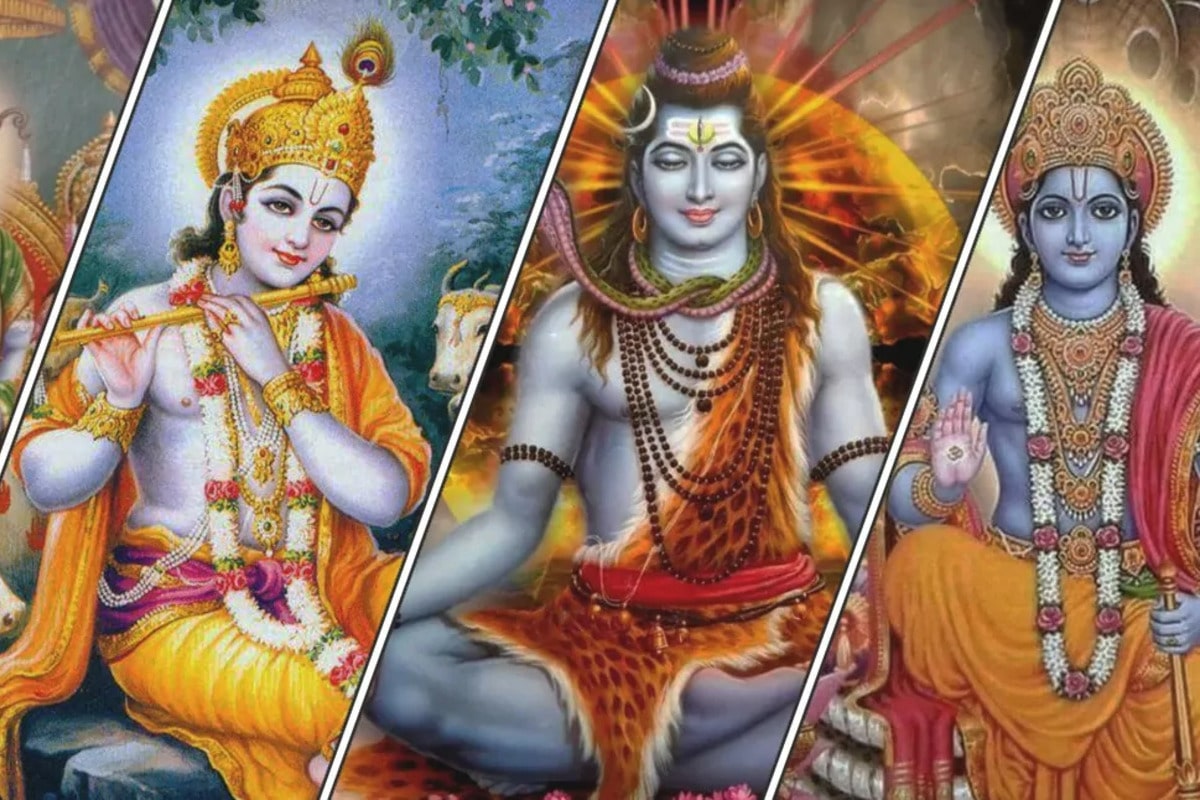Hinduism is one of the oldest and most complex religions in the world, with roots that go back several thousand years on the Indian subcontinent. It is not only a system of beliefs but a way of life, a philosophy, and a spiritual tradition that encompasses morality, ethics, and daily practices. Hinduism has no single founder, no unified holy book, and no central religious authority, which makes it unique among world religions. It brings together millions of followers, thousands of deities, and many schools of thought and spiritual paths that coexist in harmony. Below are fascinating and educational facts about Hinduism that you may not have known.
- Hinduism is the third-largest religion in the world, after Christianity and Islam. It has more than one billion followers, most of whom live in India and Nepal. It is also present in Sri Lanka, Bangladesh, Indonesia, Malaysia, Fiji, and among diaspora communities in the United States, the United Kingdom, and Canada.
- Hinduism has no single founder. It developed through a long process of merging the beliefs of Indo-Aryan and indigenous peoples of ancient India. This gradual synthesis created a rich spiritual tradition that includes both Vedic and post-Vedic elements.
- Hinduism’s sacred texts are divided into shruti (that which is heard) and smriti (that which is remembered). Shruti includes the Vedas, Brahmanas, Aranyakas, and Upanishads, considered to be divinely revealed. Smriti includes epics like the Mahabharata and Ramayana, as well as the Puranas and other instructive texts.
- Hinduism recognizes many deities, but worship is often focused on one or several principal gods. The most commonly worshipped are the trinity of Brahma (creator), Vishnu (preserver), and Shiva (destroyer). Goddesses such as Lakshmi, Saraswati, Parvati, and Kali are also widely revered.
- The concepts of karma and reincarnation are central to Hindu belief. Every action is believed to have consequences that affect the soul’s future rebirths. The ultimate goal is moksha, or liberation from the cycle of birth and death.
- Hinduism identifies four main goals of human life: dharma (righteousness), artha (prosperity), kama (pleasure), and moksha (liberation). These goals are meant to be pursued in harmony throughout one’s life. Spiritual freedom is regarded as the highest of them all.
- The traditional social structure in Hinduism is based on four varnas: Brahmins (priests), Kshatriyas (warriors and rulers), Vaishyas (merchants), and Shudras (servants). These categories define one’s duties and lifestyle according to their inherent nature. Varnas differ from the caste system, which evolved later and is more rigid.
- Yoga in Hinduism is not only a physical discipline but a spiritual path to self-realization and union with the divine. There are different paths such as karma yoga (action), bhakti yoga (devotion), jnana yoga (knowledge), and raja yoga (meditation). The ultimate goal of yoga is unity between the individual soul and the supreme reality.
- The Ganges River is considered sacred and believed to purify sins. Every year, millions of pilgrims gather on its banks to perform ritual bathing, especially during the Kumbh Mela festival. Water from the Ganges is also used in home rituals and regarded as holy.
- Hindu temples are built according to strict architectural principles called vastu shastra. The layout of a temple symbolizes the universe, and the central sanctum is the dwelling place of the deity. The entrance is usually aligned to the east to welcome the rising sun.
- Hinduism celebrates numerous festivals based on lunar or solar calendars. The most famous include Diwali (festival of lights), Holi (festival of colors), Navaratri, Raksha Bandhan, Janmashtami, and Rama Navami. These celebrations feature prayers, songs, dancing, sweets, and decorative rituals.
- Respect for all living beings is a core principle of Hinduism. Many Hindus are vegetarians, as the act of killing animals is believed to generate negative karma. The cow is considered sacred, symbolizing motherhood, patience, and abundance.
- Hinduism is not a dogmatic religion. It allows for a wide range of views on the nature of God, the path to salvation, and moral conduct. This flexibility makes Hinduism adaptable to different spiritual needs and personal interpretations.
- Hindu thought has significantly influenced other South Asian religions and cultures. Buddhism and Jainism arose from the same philosophical and spiritual environment. Hinduism also shaped the development of yoga, meditation, music, art, and literature.
Hinduism is not just a religion but a living spiritual heritage that continues to evolve and inspire millions of people worldwide. These interesting facts reveal the depth and richness of the Hindu worldview. You may not have realized how closely Hinduism connects daily life, ethics, and spiritual exploration. It is a path that encourages self-discovery, balance, and harmony with all of existence.





